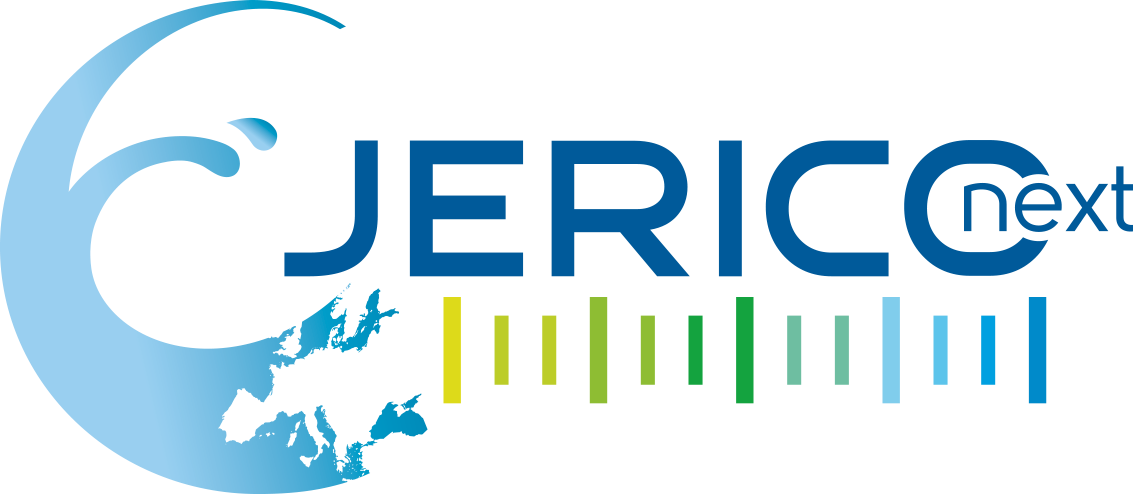Submitted by Eva Chatzinikolaou on
Dr Panagiotis Dimitriou - Nikolakis has been awarded his PhD certificate on the "Effects of eutrophication on the benthic ecological status and ecosystem functions" by the University of Crete, which has been co-funded by LifewatchGreece.
Abstract: Eutrophication is one of the most visible examples of anthropogenic changes in the biosphere, affecting aquatic ecosystems from the Arctic to Antarctica. The European Water Framework Directive demands the achievement of “Good Environmental Status” form all EU member states by 2015. Additionally, the European Marine Strategy Framework Directive has led to the implementation of laws for the protection of the marine environment from eutrophication. In this context, benthic macrofauna provides a reliable indicator of ecosystem health and has been used extensively for assessing the ecological status of the ecosystem and for monitoring the effects of eutrophication on the costal marine ecosystem. This study adopted two different and independent methodologies: (i) meta-analysis of data in order to identify patterns in the behaviour of benthic systems related to the intensity of eutrophication and (ii) mesocosm experiments, that allow one to deflect the system from its initial conditions to an extent hard to do in nature and on the other hand to study the succession of the phenomenon over time under various conditions to the point of regime shift.In the context of the first methodology, a large data set from the Eastern Mediterranean was analyzed to explore the relationship between water column variables and benthic community status. The results showed a strong quantitative link between the water column variables (Chlorophyll a and Eutrophication Index) and various indicators describing benthic diversity and community composition. The percentage of benthic opportunistic species increased significantly in the stations with high trophic status of the water column and so did the strength of the coupling between values of seawater column and benthic indicators. The Eutrophication Index threshold level of 0.85, separating the “Bad and Poor” from “Moderate to High” conditions could serve as an acceptable critical value above which there is a readily observable change in benthic community composition.In the context of the experiments, a new mesocosm setup containing both water column and sediment suitable for benthic-pelagic coupling experiments has been developed. Nine mesocosms have been deployed in the facilities of the Hellenic Center for Marine Research in Crete, in the eastern Mediterranean. A eutrophication gradient was created by adding nutrients in the water column (Low and High) and the experiment lasted for 58 days. Water column and sediment environmental variables were measured at regular intervals. The results indicate that sedimentation caused by eutrophication in the water column affected sediment geochemical variables but in most cases a time lag was observed between the input of the water column and the response of the sediment. Additionally, in the High eutrophication treatment several fluctuations were observed and the system did not recover within the experimental duration, as opposed to the Low treatment which showed less fluctuations and signs of recovery. Macrofaunal samples were collected at the end of the experiment from each mesocosms and were compared to the ones collected at the beginning of the experiment from the sediment collection area. Results showed significant differences of the High treatment in terms of macrofaunal species composition, ecological status and ecosystem processes. Differences in community structure were caused by deposit feeding species with high bioturbation ability. The response of benthic species to the pressure of eutrophication created a different community with high bioturbation potential, therefore preventing the creation of hypoxic conditions in the sediment, thus maintaining ecosystem health.Concluding, form the results of the study it is possible to argue that a benthic community of “good environmental status” has the ability to buffer environmental pressure and using bioturbation and other functions provided by specific species maintain biodiversity and ecosystem health, in the case of a strong but with limited time eutrophication event. However, if eutrophic conditions persist over a long period of time, benthic opportunistic species respond and dominate the community resulting in loss of biodiversity and downgrade of benthic ecological status and functions.
The full text is available here.





